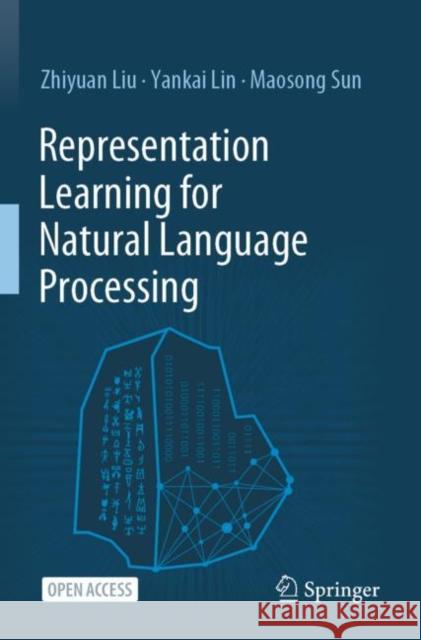Representation Learning for Natural Language Processing » książka
topmenu
Representation Learning for Natural Language Processing
ISBN-13: 9789811555756 / Angielski / Miękka / 2020 / 334 str.
Kategorie:
Kategorie BISAC:
Wydawca:
Springer
Język:
Angielski
ISBN-13:
9789811555756
Rok wydania:
2020
Wydanie:
2020
Ilość stron:
334
Waga:
0.50 kg
Wymiary:
23.39 x 15.6 x 1.91
Oprawa:
Miękka
Wolumenów:
01
Dodatkowe informacje:
Wydanie ilustrowane











